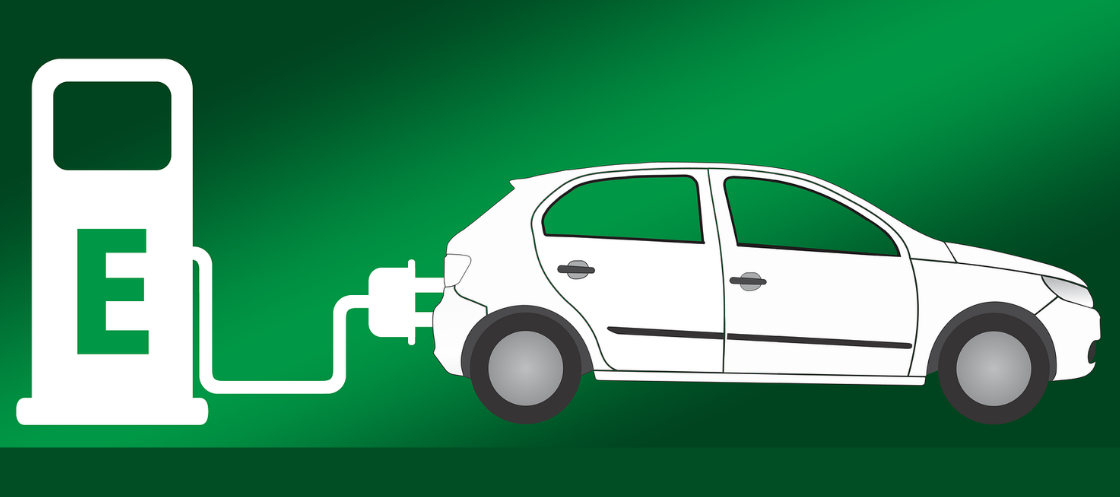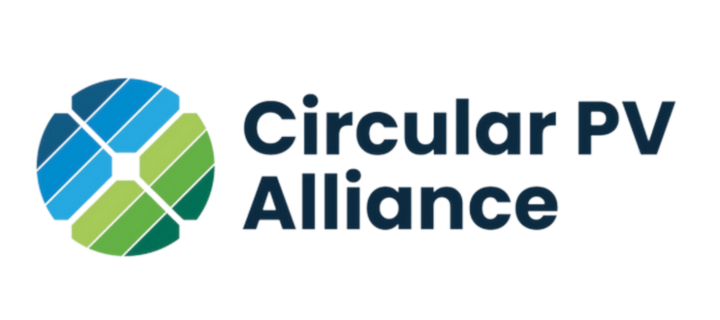Have your say in shaping the future of sustainable transportation
The NVES, slated to take effect from January 1, 2025, will move Australia in line with international standards, bringing the nation in parallel with comparable markets such as the United States by approximately 2028.

The Australian Government has announced a New Vehicle Efficiency Standard (NVES), signalling a large leap toward cleaner and more cost-effective transportation. The NVES aims to encourage vehicle manufacturers to prioritize fuel efficiency, reduce emissions, and enhance the overall sustainability of the automotive industry.
After extensive consultation with over 2,700 Australian organizations and individuals, the government unveiled its Cleaner, Cheaper to Run Cars: An Australian New Vehicle Efficiency Standard Consultation Impact Analysis on February 4, 2024. This analysis outlines the proposed design and implementation of the NVES, highlighting the many benefits it brings to both consumers and the environment.
Key features of the NVES include setting average CO2 targets for vehicle manufacturers, promoting the sale of fuel-efficient models, and incentivizing the production of low or zero-emission vehicles. Suppliers not meeting targets face penalties, while those exceeding them receive credits. The ultimate goal is a nationwide reduction of 369 million tonnes of CO2 by 2050, equivalent to the last six years' total emissions from light vehicles in Australia.
According to the Government, the NVES will have positive impact on motorists' wallets. New vehicles are expected to use less fuel, translating to large savings for consumers. On average, a new vehicle purchaser in 2028 could save an impressive $5,710 over five years, with a cumulative saving of around $17,000 over the vehicle's lifespan. The NVES encourages suppliers to import more fuel-efficient vehicles, spanning petrol, diesel, and electric options, fostering a diverse and cost-effective market.
The NVES's focus on electric vehicles (EVs) sees the government aiming to stimulate the adoption of EVs by incentivizing manufacturers to bring more affordable options to the Australian market. While the NVES does not ban any vehicle models, it serves as a catalyst for offering Australians a broader array of fuel-efficient, low, and zero-emission vehicles.
Addressing the charging infrastructure concerns associated with EVs, the government is actively expanding public charging facilities through the $500 million Driving the Nation Fund and the National EV Charging Network. As of the end of 2023, around 800 ultra-fast charging locations were operational nationwide, supporting over 70% more fast and ultra-fast charging plugs than the previous year. An added investment is expected to bring 1,000 fast charging locations online in the next 12-36 months.
By adopting ambitious yet achievable standards, the government expects substantial financial benefits, including $108 billion in fuel savings and over $5 billion in health benefits from reduced air pollution. As technology advances, the NVES positions Australia to embrace a future of cleaner, more sustainable transportation, with a strong emphasis on promoting the efficiency of electric and hydrogen vehicles.
















